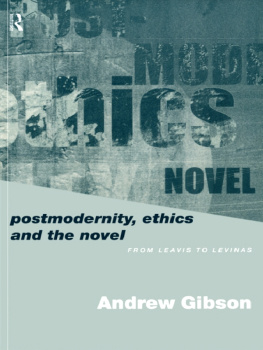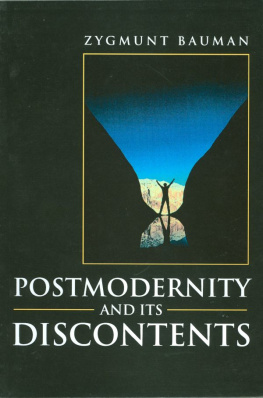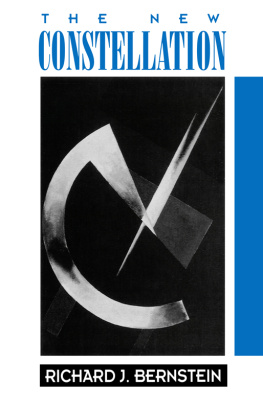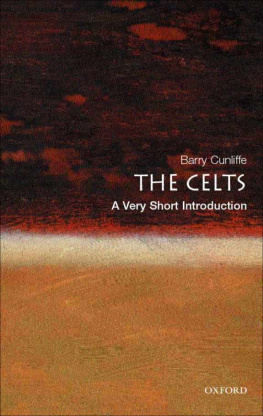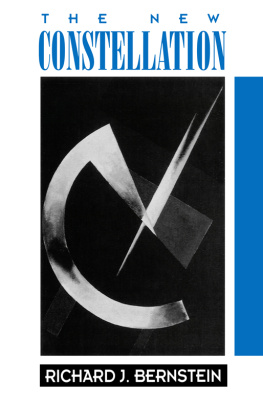
POSTMODERNITY
KEY IDEAS
Series Editor: Peter Hamilton
The Open University
KEY IDEAS
Series Editor: PETER HAMILTON
The Open University, Milton Keynes
Designed to complement the successful Key Sociologists, this series covers the main concepts, issues, debates, and controversies in sociology and the social sciences. The series aims to provide authoritative essays on central topics of social science, such as community, power, work, sexuality, inequality, benefits and ideology, class, family, etc. Books adopt a strong individual 'line' constituting original essays rather than literary surveys, and form lively and original treatments of their subject matter. The books will be useful to students and teachers of sociology, political science, economics, psychology, philosophy, and geography.
THE SYMBOLIC CONSTRUCTION OF COMMUNITY
ANTHONY P. COHEN, Department of Social Anthropology, University of Manchester
SOCIETY
DAVID FRISBY and DEREK SAYER, Department of Sociology, University of Glasgow
SEXUALITY
JEFFREY WEEKS, Social Work Studies Department, University of Southampton
WORKING
GRAEME SALAMAN, Faculty of Social Sciences, The Open University, Milton Keynes
BELIEFS AND IDEOLOGY
KENNETH THOMPSON, Faculty of Social Sciences, The Open University, Milton Keynes
EQUALITY
BRYAN TURNER, School of Social Sciences, The Flinders University of South Australia
HEGEMONY
ROBERT BOCOCK, Faculty of Social Sciences, The Open University, Milton Keynes
RACISM
ROBERT MILES, Department of Sociology, University of Glasgow
POSTMODERNITY
BARRY SMART, Associate Professor of Sociology, University of Auckland, New Zealand
CLASS
STEPHEN EDGELL, Reader in Sociology, University of Salford
First published in 1993
by Routledge
11 New Fetter Lane, London EC4P 4EE
Simultaneously published in the USA and Canada
by Routledge
29 West 35th Street, New York, NY 10001
Reprinted 1993, 1994, 1997
1993 Barry Smart
Typeset in Times by Intype, London
Printed and bound in Great Britain by Clays Ltd, St Ives plc
All rights reserved. No part of this book may be reprinted or reproduced or utilized in any form or by any electronic, mechanical, or other means, now known or hereafter invented, including photocopying and recording, or in any information storage or retrieval system, without permission in writing from the publishers.
British Library Cataloguing in Publication Data
A catalogue record for this book is available from the British Library
Library of Congress Cataloguing in Publication Data
A catalogue record for this book is available from the Library of Congress
ISBN 0415069610
What are we calling post-modernity? I must say that I have trouble answering this because Ive never clearly understood what was meant by the word modernity.
Michel Foucault
Is this the sense in which we are not modern? Incommensurability, heterogeneity the absence of a supreme tribunal? Or, on the other hand, is this the continuation of romanticism, the nostalgia that accompanies the retreat of etc? Nihilism? A well executed work of mourning for Being? And the hope that is born with it? Which is still the hope of redemption? With all of this still remaining inscribed within the thought of a redemptive future? Could it be that we are no longer telling ourselves anything? Are we not telling, whether bitterly or gladly, the great narrative of the end of great narratives? For thought to remain modern, doesnt it suffice that it think in terms of the end of some history? Or, is postmodernity the pastime of an old man who scrounges in the garbage-heap of finality looking for leftovers, who brandishes unconsciousnesses, lapses, limits, confines, goulags, parataxes, non-senses, or paradoxes, and who turns this into the glory of his novelty, into his promise of change?
Jean-Franois Lyotard
I occasionally get just as tired of the slogan of postmodernism as anyone else, but when I am tempted to regret my complicity with it, to deplore its misuses and its notoriety, and to conclude with some reluctance that it caused more problems than it solves, I find myself pausing to wonder whether any other concept can dramatise the issue in quite so effective and economical a fashion.
Frederic Jameson
Contents
Acknowledgements
Earlier versions of were presented at the XII World Congress of Sociology on Sociology for One World: Unity and Diversity (Madrid 1990), the Thesis Eleven international conference on Reason and Imagination in Modern Culture (Melbourne 1991), and the annual conference of the American Sociological Association on The World of Ethnic Relations (Cincinnati 1991) respectively. I would like to thank participants for their suggestions and criticisms, for drawing attention to elements of my argument that were in need of clarification and reformulation, even if I might not have seemed appreciative at the time!
Versions of have appeared in Sociology (1990) and Thesis Eleven (1991) respectively and I would like to thank the editors and anonymous referees for their helpful comments and suggestions.
Once again Chris Rojek deserves my thanks for encouraging me to proceed with the book, as does Kym Fullerton for her fast and efficient preparation of the manuscript.
Finally, a personal note of gratitude to Jo Burgin for tolerating my unsociable working hours, helping with the proofs, and much else besides.
New times, old troubles
INTRODUCTION
Postmodernity is a controversial term, a term that elicits highly charged reactions across intellectual disciplines and associated theoretical and political constituencies. Postmodernity is an issue in anthropology, sociology, philosophy, geography, theological studies, literary criticism and economics to mention only a few areas. Neo-conservative social analysts, critical theorists, classical and not-so-classical Marxists, rational-choice sociologists and standpoint feminists seem at times to share common cause in criticising the very idea of postmodernity. An equally heterogeneous collection of analysts and commentators have embraced the term. What is it that has aroused so much attention; precipitated eager acceptance and yet called forth so much bile and scorn; pleased or troubled so many who seem so secure in their convictions? Could it be that such very mixed reactions to the nebulous notion of postmodernity betray traces of the very conditions to which the term tentatively and not a little ambiguously refers? Reactions to the issues raised under the contentious signs of postmodernity, postmodernism and the postmodern are rarely sober, measured or thoughtful. All too frequently postmodernity is presented as a condition to embrace, to celebrate and promote, or equally problematically set up as that which needs to be criticised, dismissed or rejected (Lash 1990: 2).
Postmodernity. What is it? What was it? When was it? Were you there? Amused? Bemused? Convinced? Disdainful? Enchanted? Irritated or just plain indifferent? For some, the grazers and zappers of the analytic domain, it is already a question of what postmodernity was. The answer a period extending from the mid-1970s to the late 1980s when disillusionment with the prospects for radical political strategy appeared to be extensive and neo-conservative reaction and neo-liberal economic policy held sway. References to post-postmodernity suggest it is a time already past. Postmodernity no longer a novelty, no longer fashionable, simply a bore now that everybody is doing it. More interesting in my view are the contributions which consider postmodernity to be a matter of current concern, an idea that may have a bearing on our understanding and experience of present conditions. Postmodernity as a contemporary social, cultural and political condition. Postmodernity as a form of life, a form of reflection upon and a response to the accumulating signs of the limits and limitations of modernity. Postmodernity as a way of living with the doubts, uncertainties and anxieties which seem increasingly to be a corollary of modernity, the inescapable price to be paid for the gains, the benefits and the pleasures, associated with modernity. In the latter set of comments there is the implication of postmodernity as a condition necessarily closely articulated with modernity, postmodernity as modernity in its nascent state perhaps, or postmodernity as a more modest modernity, a sign of modernity having come to terms with its own limits and limitations. An alternative, radically different conception, introduced by Giddens (1990), presents postmodernity as a form of life beyond modernity. Postmodernity as a possible social future, a condition, a form of life that has yet to be realised, an alternative form of sociality that can only emerge after we have settled our accounts with modernity, have succeeded in extricating ourselves from the remorseless spirals of flux, turmoil and perpetual transformation that seem to be intrinsic to modernity. The key features attributed to postmodernity as a future-oriented project include a post-scarcity order; multilayered democratic participation; demilitarisation; and a humanisation of technology (Giddens 1990: 164). Postmodernity in this instance is very much





